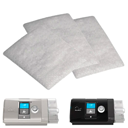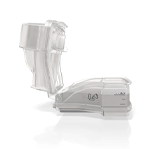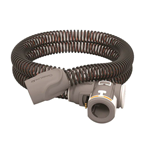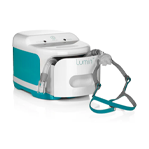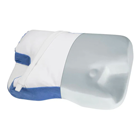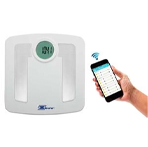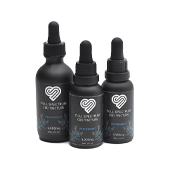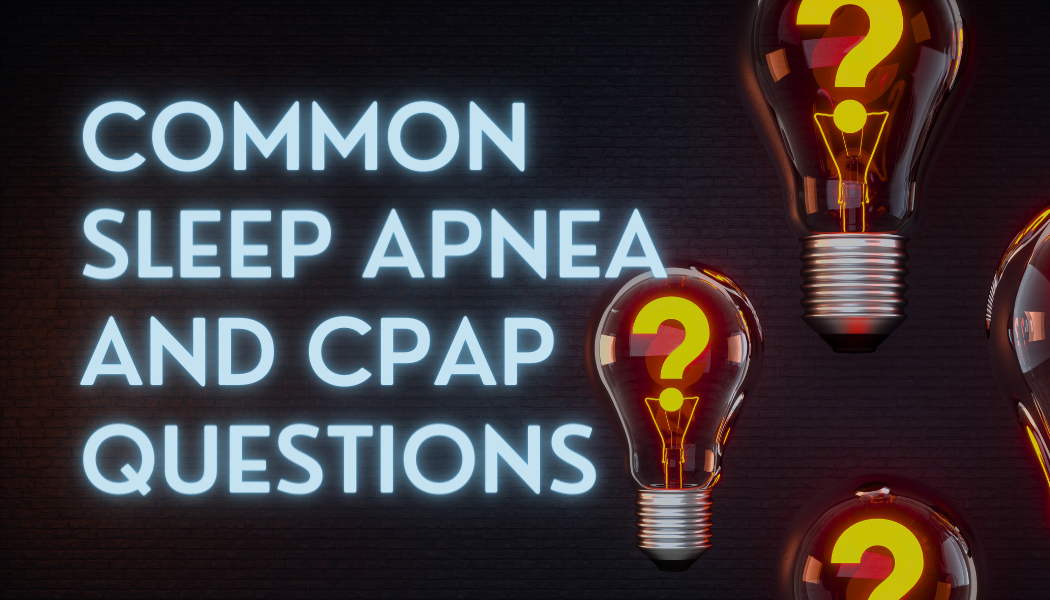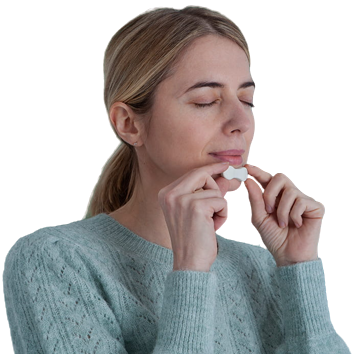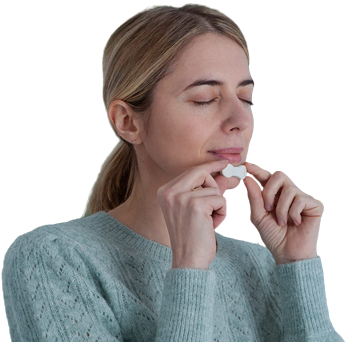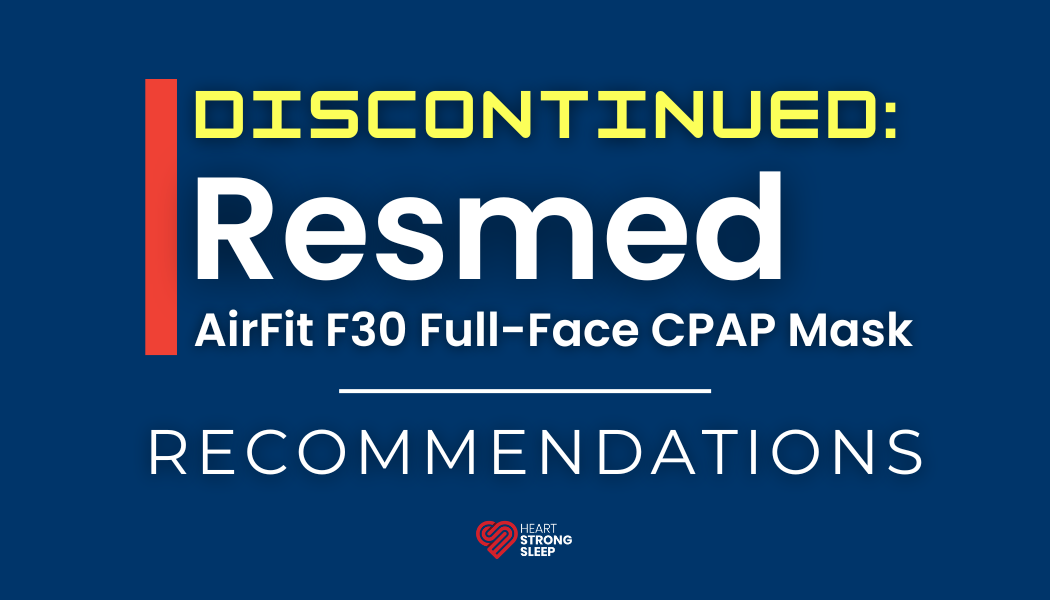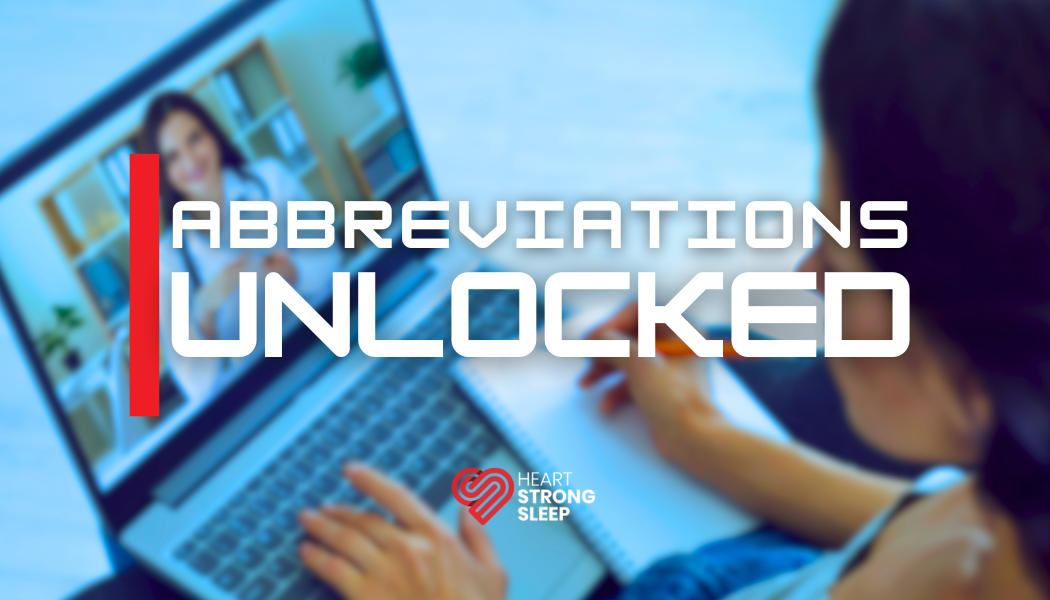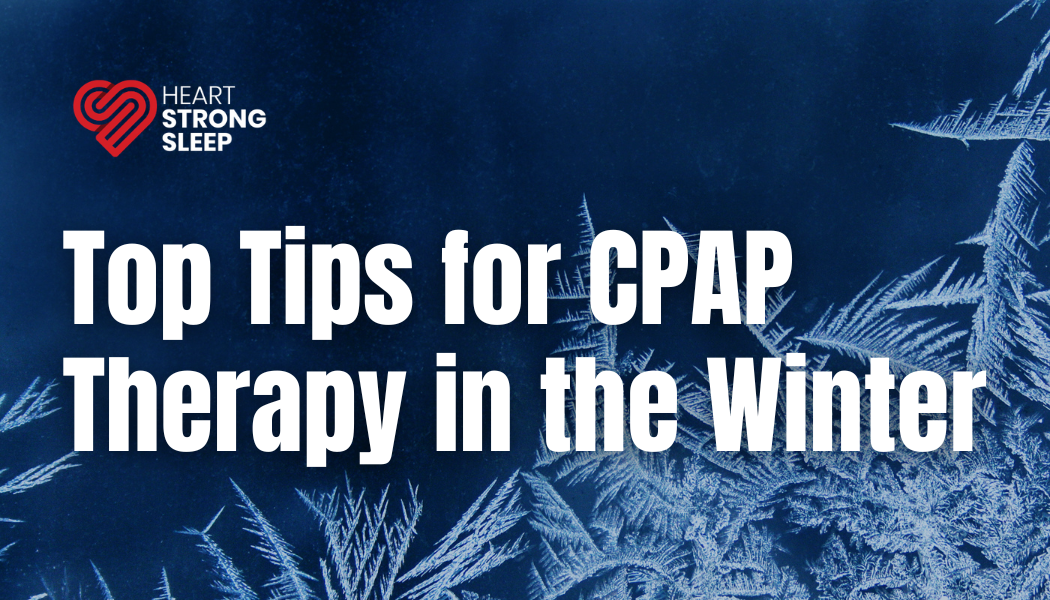In general, sleep apnea tests are covered by insurance if they are deemed medically necessary. This means your doctor needs to believe you have a high likelihood of sleep apnea based on your symptoms. Here's a breakdown of coverage by insurance provider:
- Medicare: Covers 80% of the cost of in-lab and home sleep studies after your deductible is met https://www.medicare.gov/coverage/sleep-studies.
- Medicaid: Similar to Medicare, Medicaid covers sleep studies for suspected sleep apnea but with requirements based on your specific plan.
- Private insurance: Coverage varies depending on your plan. It's always best to contact your insurance company directly to confirm coverage details and potential out-of-pocket costs for both in-lab and at-home testing options.
Here are some additional things to keep in mind:
- There may be different coverage amounts for in-lab versus at-home sleep studies.
- You may need to have a referral from your doctor to get a sleep study covered by insurance.
- You will likely be responsible for a copay or coinsurance, depending on your plan.
Sleep apnea itself isn't currently cured, but there are many effective treatments that can significantly reduce or even eliminate its symptoms. These treatments address the underlying causes of sleep apnea, allowing you to breathe normally throughout the night and get quality sleep.
Here's a breakdown of treatment approaches:
-
Lifestyle Changes: For some people, losing weight, avoiding alcohol and certain medications, and changing sleep positions can significantly improve sleep apnea.
-
CPAP Therapy / Machines: These devices deliver continuous positive airway pressure through a mask to keep your airway open during sleep.
-
Oral Appliances: These mouthpieces worn during sleep help keep your airway open.
-
Surgery: In some cases, surgery may be an option to remove tissue blocking the airway.
If you're concerned about sleep apnea, it's important to talk to your doctor. They can diagnose the condition and recommend the most appropriate treatment plan for you.
Sleep apnea itself usually isn't the direct cause of death. However, untreated sleep apnea can increase your risk of serious health problems that can be fatal.
Here's a breakdown of the risks:
- Sudden cardiac death: Research suggests a link between sleep apnea, particularly severe cases, and an increased risk of sudden death during sleep, especially in older adults.
- Long-term health problems: Untreated sleep apnea can strain your cardiovascular system, increasing your risk of heart attack, stroke, and high blood pressure.
- Accidents: Daytime sleepiness caused by sleep apnea can significantly impair your judgment and reaction time, raising the risk of accidents while driving or operating machinery.
The good news is that treating sleep apnea can significantly reduce these risks and improve your overall health and well-being.
Yes, sleep apnea can definitely contribute to high blood pressure, also known as hypertension.
Here's how sleep apnea can increase your risk of high blood pressure:
- Reduced blood oxygen levels: During sleep apnea episodes, your breathing repeatedly stops and starts. This decrease in oxygen can cause your body to release stress hormones, which can temporarily raise your blood pressure.
- Increased strain on your heart: The repeated struggle to breathe during sleep apnea puts strain on your heart, forcing it to work harder to pump blood throughout your body. This extra effort can lead to chronically high blood pressure.
- Inflammation: Sleep apnea is linked to inflammation throughout the body, which can damage blood vessels and contribute to high blood pressure.
If you have sleep apnea, it's important to get treatment to lower your risk of high blood pressure and other serious health problems.
Sleep apnea can negatively affect the heart in several ways. Here's a breakdown of how it happens:
- Reduced Blood Oxygen Levels: During sleep apnea episodes, your breathing repeatedly stops and starts. This decrease in oxygen (hypoxia) can cause your body to release stress hormones, which can temporarily raise your blood pressure and heart rate.
- Increased Strain on Your Heart: The repeated struggle to breathe during sleep apnea puts strain on your heart, forcing it to work harder to pump blood throughout your body. This extra effort can lead to chronically high blood pressure and heart strain.
- Inflammation: Sleep apnea is linked to inflammation throughout the body, which can damage blood vessels and contribute to high blood pressure. This can also weaken the heart muscle.
- Irregular Heartbeats: Sleep apnea can increase your risk of arrhythmias, or irregular heartbeats.
- Enlarged Heart: In severe cases, sleep apnea can cause the heart to enlarge (cardiomegaly). An enlarged heart may not pump blood as efficiently.
These factors can all increase your risk of heart attack, stroke, and heart failure.
If you have sleep apnea, it's important to get treatment to lower your risk of heart problems and other serious health issues. Early diagnosis and treatment of sleep apnea can help improve your heart health and overall well-being.
CPAP machines are generally quiet, but noise levels can vary depending on the model. Most CPAP machines produce around 30 decibels (dB) of sound, which is similar to the quiet hum of a refrigerator. Some machines may be even quieter, at around 25 dB.
Here's a comparison of some common sounds and their decibel level:
Whisper: 30 dB
Quiet library: 40 dB
Normal conversation: 60 dB
In general, sleep apnea machines, typically CPAP (continuous positive airway pressure) machines, are safe for most patients. They improve sleep quality by keeping airways open during sleep. However, there are some things to consider:
- Recalls: In 2021, Philips Respironics recalled certain CPAP machines due to potential health risks from degraded foam [recall info on Philips Respironics machines]. If you have a Philips Respironics machine, check with the manufacturer to see if yours is affected.
- Discomfort: Minor issues like mask fit problems, dry mouth, and congestion are common but usually manageable.
- Rare risks: Serious complications are very rare, but can include stomach bloating or even meningitis (if you have an untreated sinus infection).
Here are some additional things to keep in mind about CPAP machine safety:
- It is important to use your CPAP machine as directed by your doctor.
- You should clean your CPAP machine and supplies regularly according to the manufacturer's instructions.
- If you experience any side effects, be sure to talk to your doctor.
With proper use and care, CPAP machines are a safe and effective way to treat sleep apnea.
If you have more questions, please contact us. No question is a dumb question, especially when it comes to your health.
The Heartstrong Sleep Team
877-815-7300

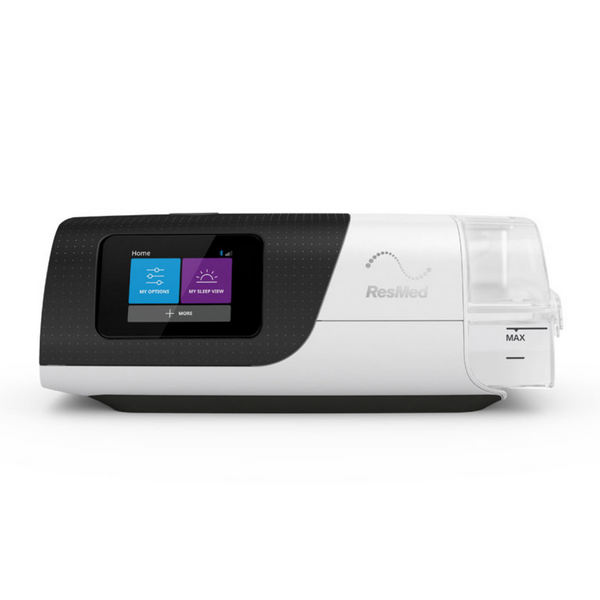
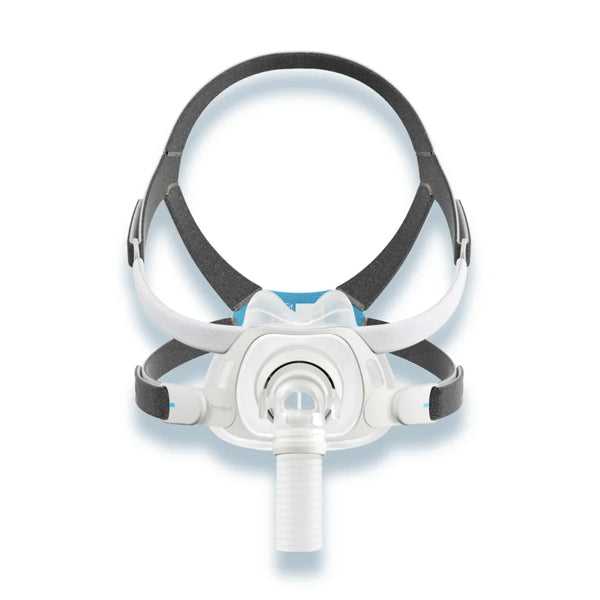
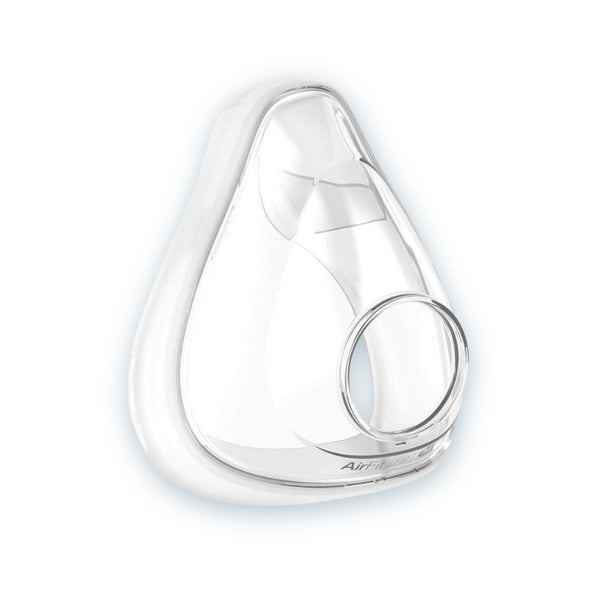
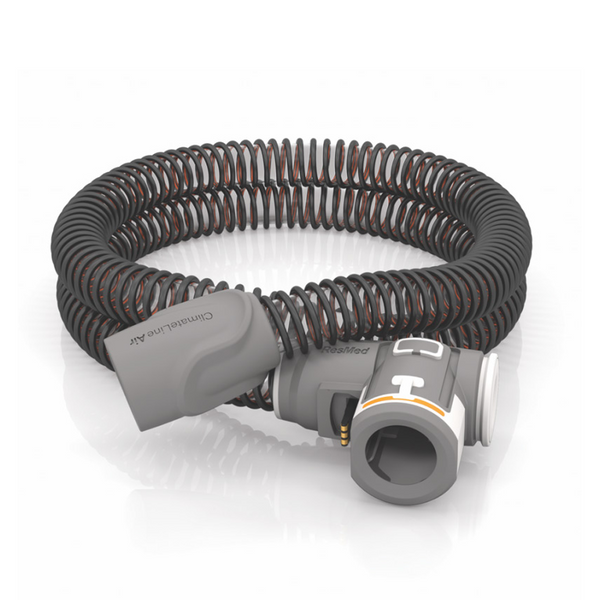


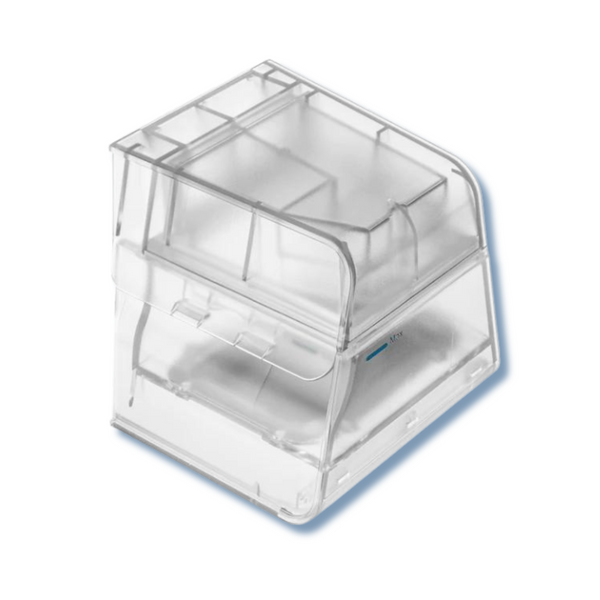

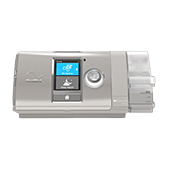
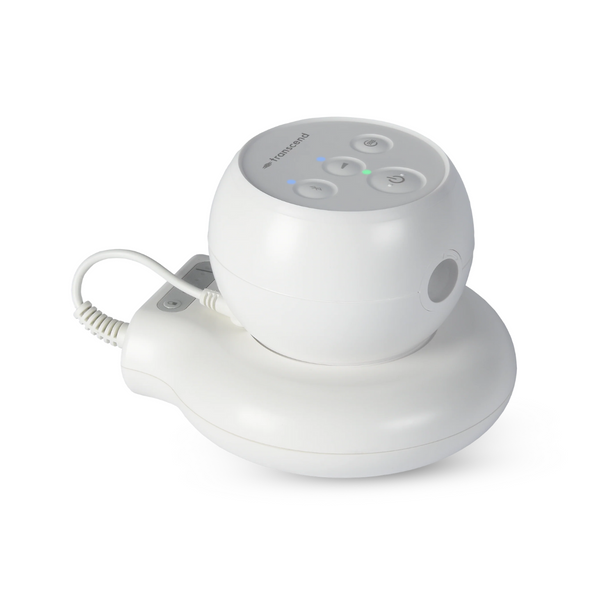
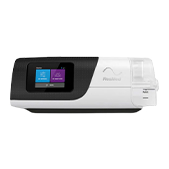
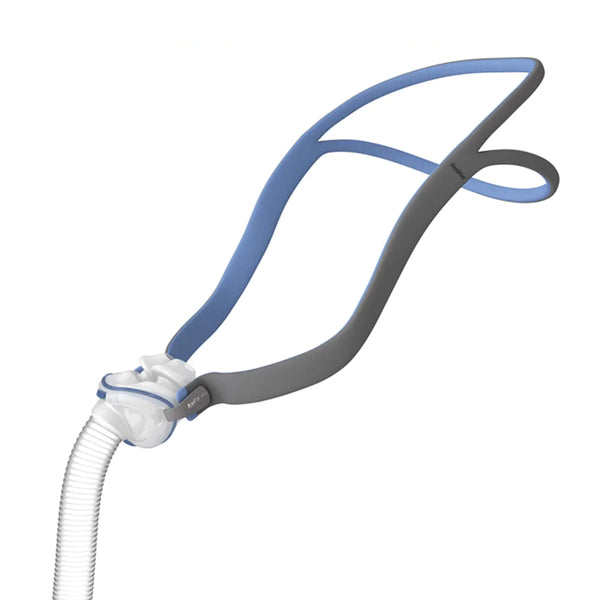
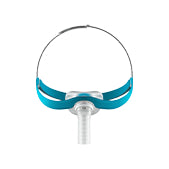
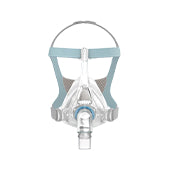
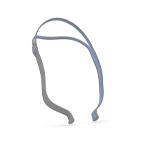
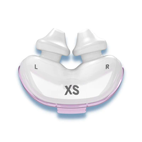
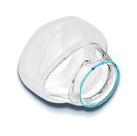
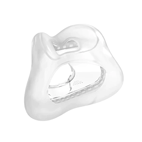
![[subscription]](http://heartstrongsleep.com/cdn/shop/files/Group_30_6a2ee5b7-7d1a-49f1-855d-428a7cb5358f.png?v=1733846466&width=600)
